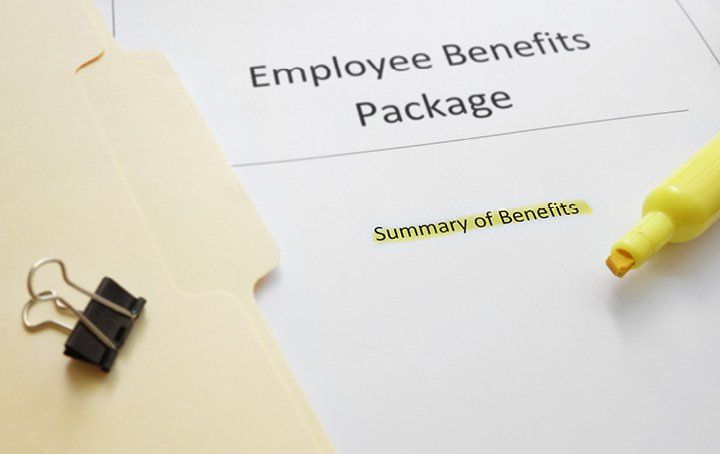Being a smart taxpayer means knowing what resources are available to you and understanding how the ATO deals with individuals as tax problems arise. Here are three simple things all individuals can do to help keep their tax affairs as stress-free as possible this tax time.
Sometimes, the way we approach tax matters can end up making a big difference to our bottom line and stress levels. Here are three tips to help individual taxpayers achieve a better outcome when lodging and dealing with the ATO.
Tip one: Get help with debts early
If you're experiencing financial difficulties, there are a number of ways the ATO can assist. If you can't pay your tax bill, the ATO encourages you to contact them early to discuss your options. This might include:
- Payment plans: In 2017–2018 the ATO negotiated 226,000 payment plans to allow taxpayers to pay in instalments. For tax bills under $100,000 you can set up a payment plan online through myGov, or through your tax agent. For bigger debts, contact the ATO to discuss a plan.
- Debt relief: The ATO has power to release an individual from their tax bill (in part or in full) where paying the bill would leave them unable to afford food, clothing, accommodation, medical treatment, education or other necessities. In 2017–2018, the ATO granted 2,174 full or partial releases.
A good tip for anyone having trouble paying their tax bill is to stay on top of their lodgment obligations. Even if you can't pay, you should still lodge your tax returns on time (and any business activity statements).
Not only will you show the ATO that you're aware of your obligations and making an effort to comply, you'll avoid penalties for non-lodgment.
Tip two: Stay off the ATO's radar
No one wants to be audited, so it pays to know the "red flags" the ATO looks for when analysing its increasingly vast data sources. Understanding these risk areas can also help you self-identify any mistakes you might have accidentally made, or areas where it's worth getting professional tax advice. For individuals, the ATO looks closely for:
- work-related expense claims that are unusually high or out of the ordinary, especially in relation to clothing, cars, travel and self-education;
- rental expenses, especially those inconsistent with rental income or other information the ATO holds about the property;
- undeclared capital gains from property sales, the Australian share market and cryptocurrency;
- undeclared income (eg cash payments or income from foreign sources); and
- taxpayers who don't lodge returns on time.
Tip three: Manage disputes efficiently
There are many options for resolving tax disputes, ranging from lodging an objection, seeking external review, alternative dispute resolution and litigation. However, the ATO wants to resolve tax disputes quickly and fairly. It says in the last five years, there has been a 60% reduction in Administrative Appeals Tribunal applications made by taxpayers against its decisions.
To achieve an efficient resolution, individual taxpayers should consider taking advantage of the ATO's "in-house" facilitation service. This gives individuals (and small businesses) free access to an impartial ATO mediator who will take the taxpayer and ATO case officers through the issues in dispute and attempt to reach a resolution. It's a voluntary process and can be undertaken at any time from the early audit stage up to and including the litigation stage. If the mediation fails, your usual review and appeal rights aren't affected at all. It may not solve the problem in every case, but if the facilitation is successful it could save you time, stress and money.
Need help with a tax problem?
We're here to support you in all of your dealings with the ATO. Whether it's an unpaid tax debt, a disputed assessment or a complicated deduction you're just not sure about claiming, our experts will guide you every step of the way and help you achieve the best possible outcome.
















